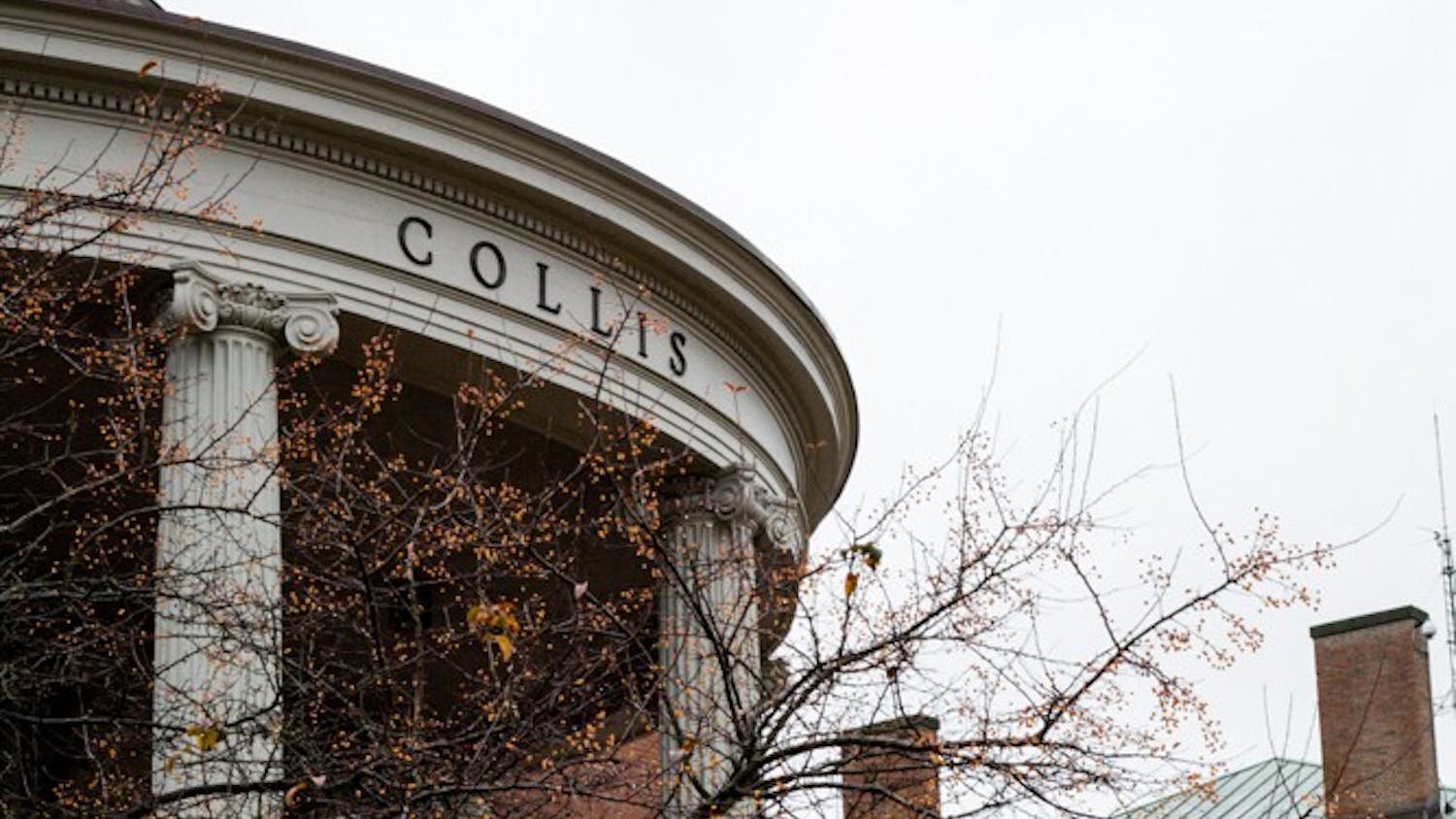While a study released last week by Cornell University on the effects of the U.S. News & World Report college rankings suggests an impact on the number and quality of applications to American universities, Dean of Admissions Karl Furstenberg said the trend is not evident at Dartmouth.
Cornell University Professor Ronald Ehrenberg, co-author of the study, said in an interview with the Cornell Daily Sun that the results of the study are highly significant in the admissions process.
The study indicates that schools which move down in the rankings experience a decline in the quality and number of applications, while "when rankings go up good things happen for the school."
Ehrenberg also said the impact of the U.S. News and World Report rankings seems to be increasing.
Furstenberg said he disagreed with the study and cited a Carlton College study that showed no relation between the rankings and admissions.
"My intuition is that these ratings do not have an effect on the number of people who apply," he said. "My initial reaction was that the study was a kind of micro look at these results without taking any account of early decision."
Furstenberg said that the study does not take into account the recent increase in early decision applications. Students applying early decision must attend Dartmouth if admitted and therefore change the matriculation percentages.
The study indicated a correlation between U.S. News and World Report rankings and the percentage of applicants admitted to each college, suggesting that for each position lost in the rankings an institution's admissions rate rises by .399 percent.
Recent admissions rates at Dartmouth do not support the study's findings as the recent drop in rank between 1997 and 1998 from seventh to 10th did not result in a higher rate.
The actual percentage admitted to the College declined from 21.5 percent in 1997 to 20.8 percent in 1998.
Furstenberg said he attributes the discrepancy to other factors in the admissions process including campus news, events, and recruitment efforts.
"There are so many other things that influence it," he said.
While the study recognized that most students attend local colleges and universities, Ehrenberg said "it's in the top 50 [schools] where colleges are ranked [numerically] where people are neurotic about it. It's that population of high achievement kids to whom this data matters significantly."
Furstenberg said the College's experience differed from Ehernberg's findings.
"We were up in applications and it was a stronger pool ... we also got a lot more people from outside the Northeast. You would think [the rankings] would have more impact the farther away from campus you got."
He also said the rankings tend to be inconsistent from year to year.
"U.S. News fiddles with their methodology from one year to the next." There has been "a lot of criticism this year [over the new changes]," he said.
In the interview with the Cornell Daily Sun, Ehrenberg warned that Cornell University's recent loss of five positions in the rankings may have a significant impact on next year's admissions process.
"We must realize that it's difficult to assume that the quality of each class will continue to rise," he said.
Furstenberg said interest in applications for the Class of 2004 has been significantly higher than normal to date despite the College's drop of another place this year, though added that "[this year's process] depends how things play out in the fall with the social and residential life initiative." He said other factors may also influence applications over the coming months.
"[This year's application process] feels good to me at this point," he said.



